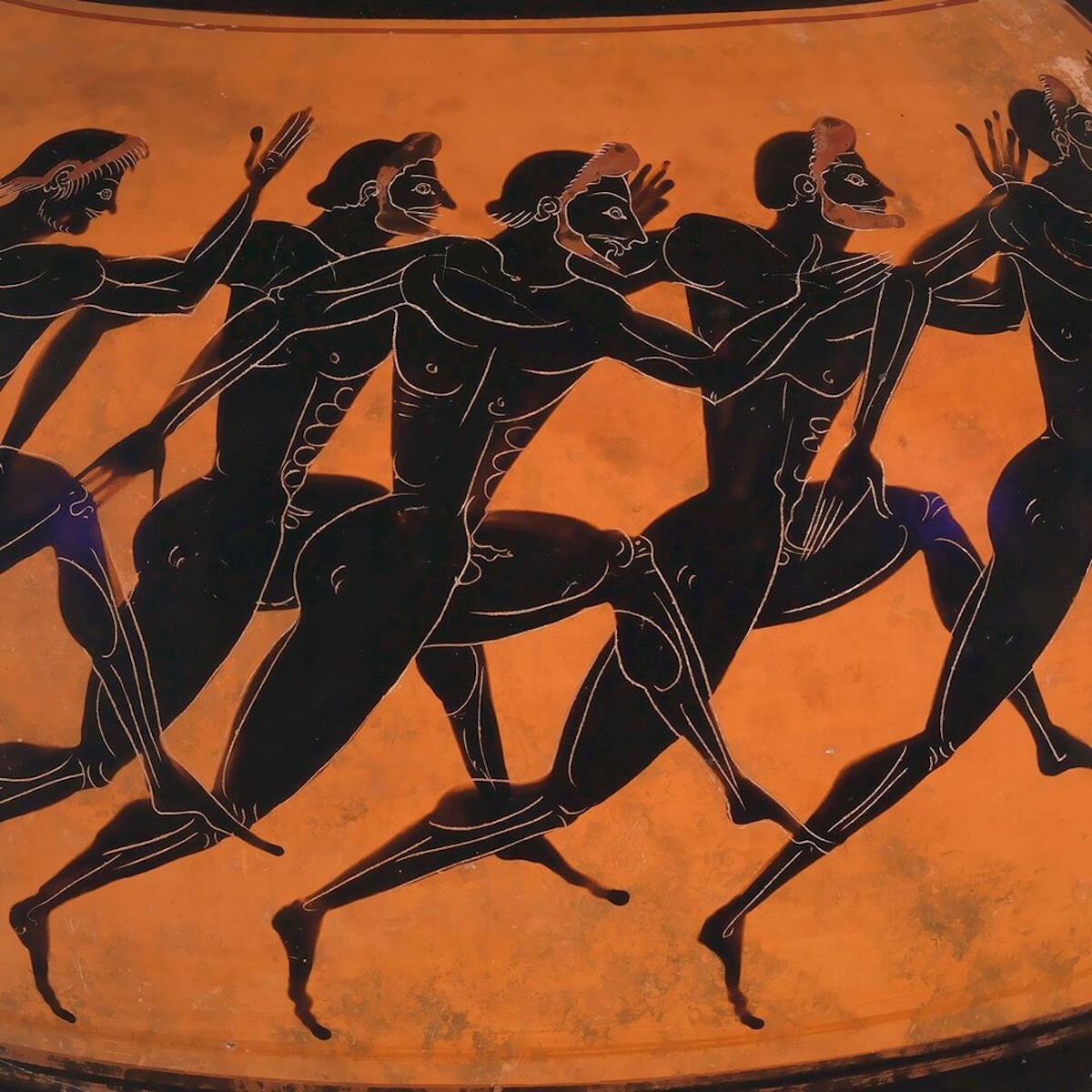National Rivalries at the Ancient Olympics
The ancient Greek Olympics were just as enmeshed in international politics, national rivalries and commercial pressures as their modern counterpart.

In the first Olympic games of the modern era, held in Athens in 1896, the marathon was won by a Greek, Spiridon Louys. As he entered the Olympic stadium the audience erupted in cheers and Prince Constantine and Prince George of Greece hurried to the track to accompany him to the finish. Among the crowd was the French writer Charles Maurras, who remarked to Pierre de Coubertin, the founder of the modern Olympic movement: ‘I see that your internationalism does not kill national spirit, it strengthens it.’ The ability of an Olympic victory to contribute to national prestige was evident for the first time in the modern era.







